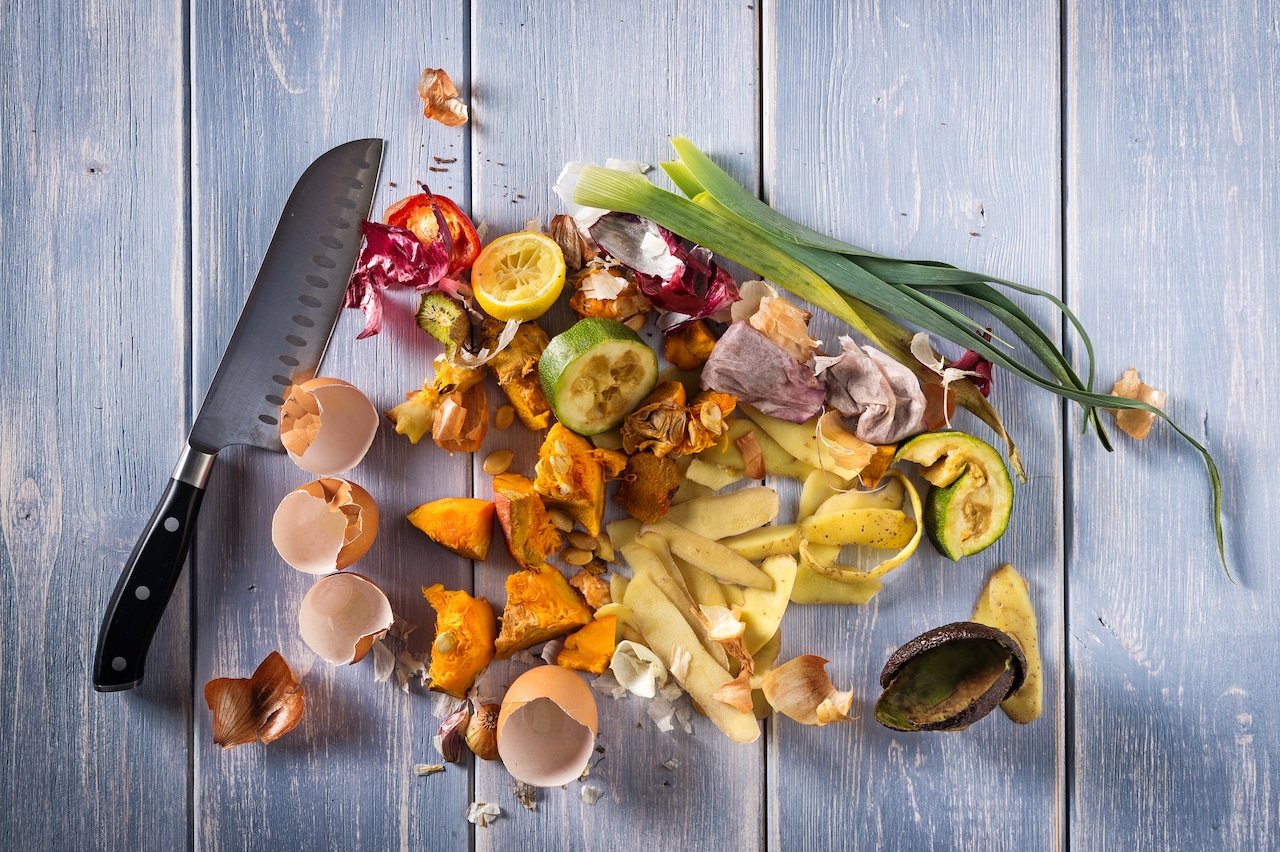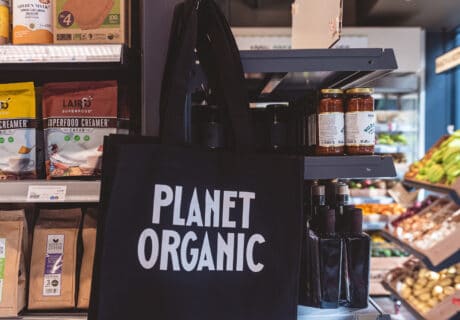While many consumers will be conscious of their waistlines over the festive period, Businesswaste.co.uk – a leading expert in commercial recycling and waste disposal – is urging Brits to watch the amount of food and packaging waste they generate this Christmas.
According to the site, the average Brit ‘fuels up’ on 6,000 calories on Christmas Day alone, ‘cooking and eating 80% more food during the festive period than any other time of the year’.
But what about the food purchased and not consumed? Businesswaste.co.uk says 23,000 tonnes of it gets thrown away. On the plant-based front that equates to 17.2 million sprouts; 11.3 million potatoes; and 10.9 million parsnips going into bins around the country. Within meat and dairy, the site reports 7.1 million pigs in blankets, two million kg of cheese and a staggering 263,000 turkeys go to waste too – not forgetting the 7.5 million mince pies which end up binned.
It shows how our individual impact is large when applied to a population
These figures ‘might convince you that we’re doing it wrong’, says the site. “That’s just pure food waste. Not to mention the one tonne of mince pie foils, the 125,000 tonnes of food wrapping plastic, the 300 million plastic cups and straws, the 3,000 tonnes of turkey packaging and a whopping 4,500 tonnes of tin foil! Take a moment to wash that down with one of the 250,000,000 pints of beer consumed over the festive period.
“All this waste comes from the extra £100 the average UK household spends in December, with £16 of it going straight in the bin. It shows how our individual impact is large when applied to a population, as this amounts to a UK Christmas food waste bill of £444 million.”
To ‘become part of the solution’ Businesswaste.co.uk is urging people to proactively reduce their waste using the following five tips – all of which retailers can pass on to their customers:
- Plan in advance
Planning, checking the cupboards and writing lists ‘might seem like a time-consuming task’, but research shows it can reduce food waste by 20%. “Be careful not to buy fresh produce too early and prevent food going bad before you use it. Also write a guest list so that you can plan numbers correctly to avoid over-cooking.”
- Compost scraps
Composting will not only lower the amount of food going to landfill but will use up leftover bits which can’t be eaten, such as egg shells. “When composting you will be surprised at how little will end up in your black bin and with all that nutritious compost on hand your plants and garden will be very happy.”
- Recycle your packaging
The site’s experts recommend shoppers pay a visit to their local If possible greengrocers, markets and farm shops ‘where produce is more likely to be loose and free of plastic packaging’. “A great way to reduce waste and support the local economy in one. But if you do have to buy food in packaging then clean and recycle where possible and buy items with more recyclable packaging.”
- Donate excess to food banks
“Donating your unwanted food to a food bank helps to support those in need. Without your goodwill then food banks will struggle to operate. You can find your local food bank here or you may find that your local supermarket has a collection point too.”
- Get creative: use the leftovers
“When you’re planning meals, always think about what you could do with any extras. For Christmas dinner the vegetables and left-over turkey can make a delicious pie, soup or even sandwich on boxing day. Make sure you store leftovers smartly in glass storage containers that make it easy to see what you have in your fridge and a much eco-friendlier alternative to plastic containers. Label and date the contents to help you stay on top of your fridge organization.”





